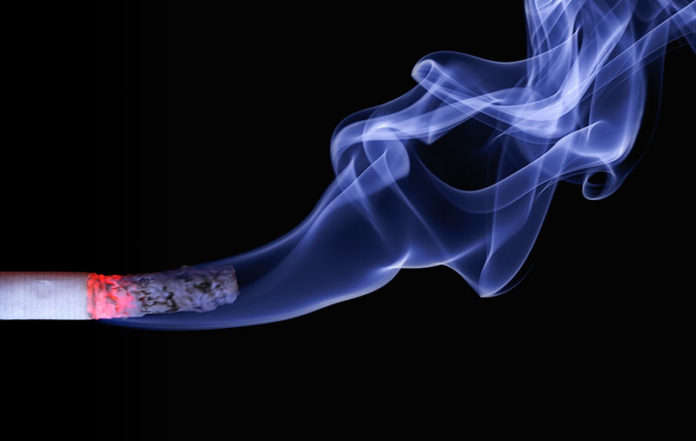We all know how bad smoking is for our health, but smokers are now noticing just how negatively smoking affects their oral health too. In fact, a third of smokers have confided to their dentist the negative effects that smoking has on their appearance, especially with developing ‘smokers’ wrinkles around their mouth and a general dulling of their skin.
A survey that was commissioned by the British Heart Foundation in 2016, revealed that 36% of smokers were unhappy about the discolouration and staining of their teeth as a result of smoking. As well as this, 71% of smokers expressed concern about their oral health and how smoking could negatively affect it.
Is it too late for smokers?
Despite smoking having so many negative effects on your health, by quitting the habit completely, ex-smokers can actually stop and even in some cases completely reverse the negative effects it had on their oral health.
Many dentists offer free ‘stop smoking’ help, advice and courses for their dental patients who want to quit. If you are a smoker and want to quit, then your dentist would be a good person to talk to. Once you have given up the habit, your dentist will be able to help you address the issues that smoking had on your oral health. For example, the nicotine and tar found in cigarettes causes teeth to discolour and build up yellow stains on your teeth. Without treatment to remove these stains can result in becoming worse over time.
Oral health and smoking
The chemicals released into your mouth from cigarette smoke can interfere with your mouth chemistry and saliva levels. This means that a smoker is more prone to increased plaque and tartar build up, as well as being more vulnerable towards developing more serious conditions, such as gum disease, gingivitis and periodontal disease.
Second-hand smoke
Smoking is bad enough for your general health as well as your oral health, but second-hand smoke has also been found to be a major health risk to your family and friends too. Passive smoking can be a big problem for the partners and children of the smoker, especially because they will often be spending a lot of time sharing the same living space at home together. Even if you open a window or door to blow your cigarettes smoke through, quite a lot of the invisible chemical elements produced by smoking can drift back into the room to be breathed in by delicate lungs.
While no parent will want to intentionally harm the health of their children, passive smoking has been proven to be a cause of heart disease in non-smokers.
Need help to quit smoking?
The British Heart Foundation have lots of help online through their dedicated ‘No Smoking Day’ website where you can order booklets and guides and read up on plenty of advice in planning to quit and keeping yourself smoke-free.












